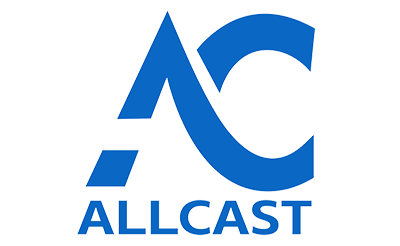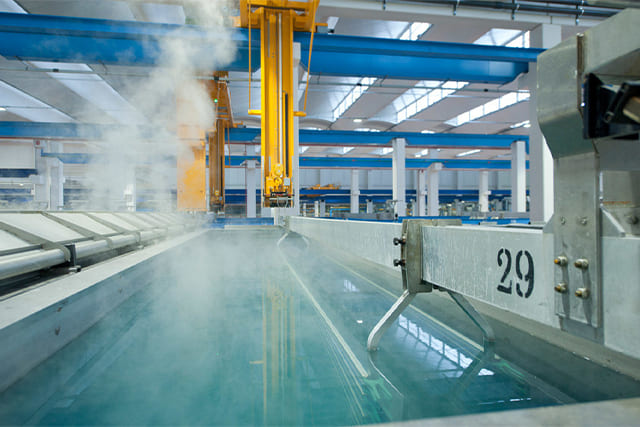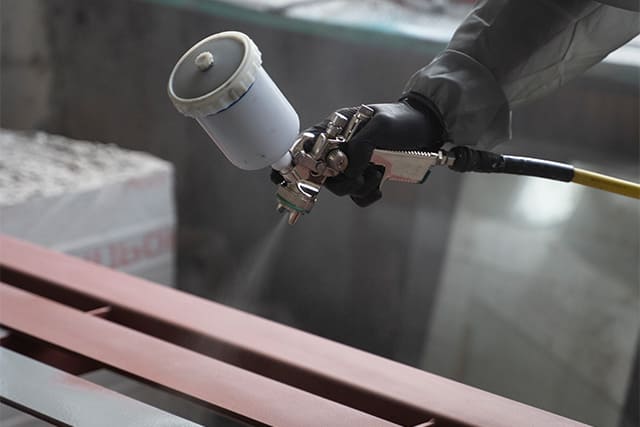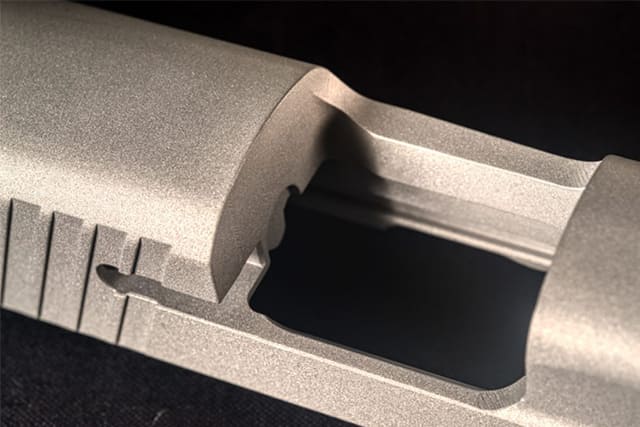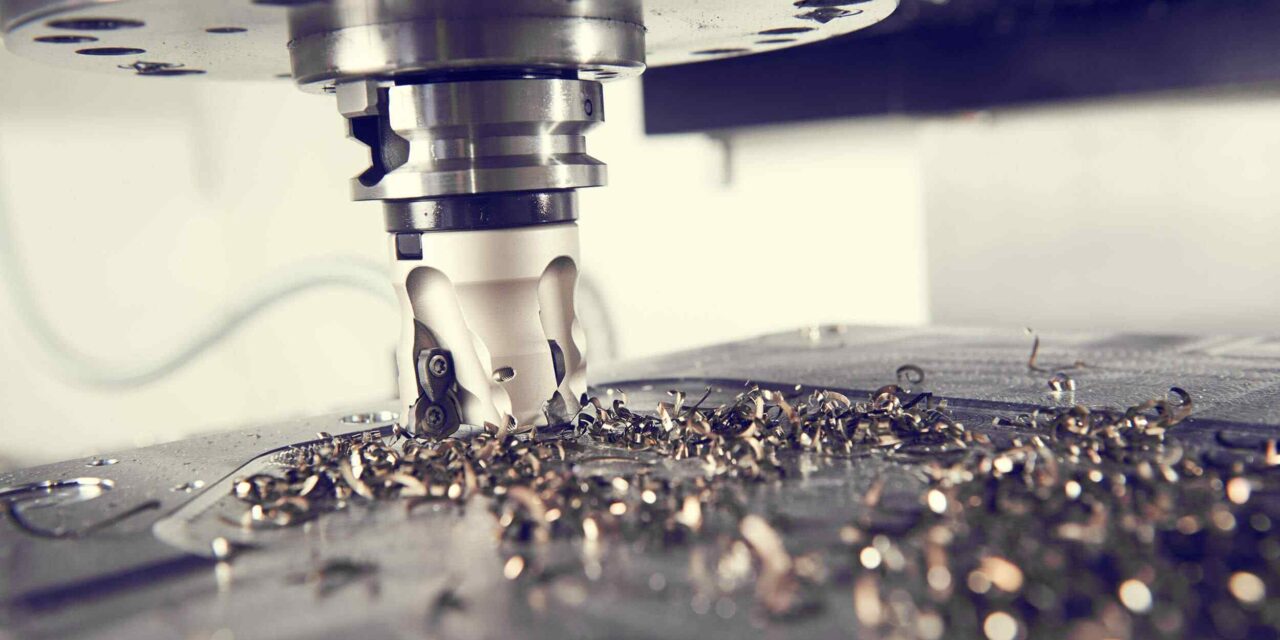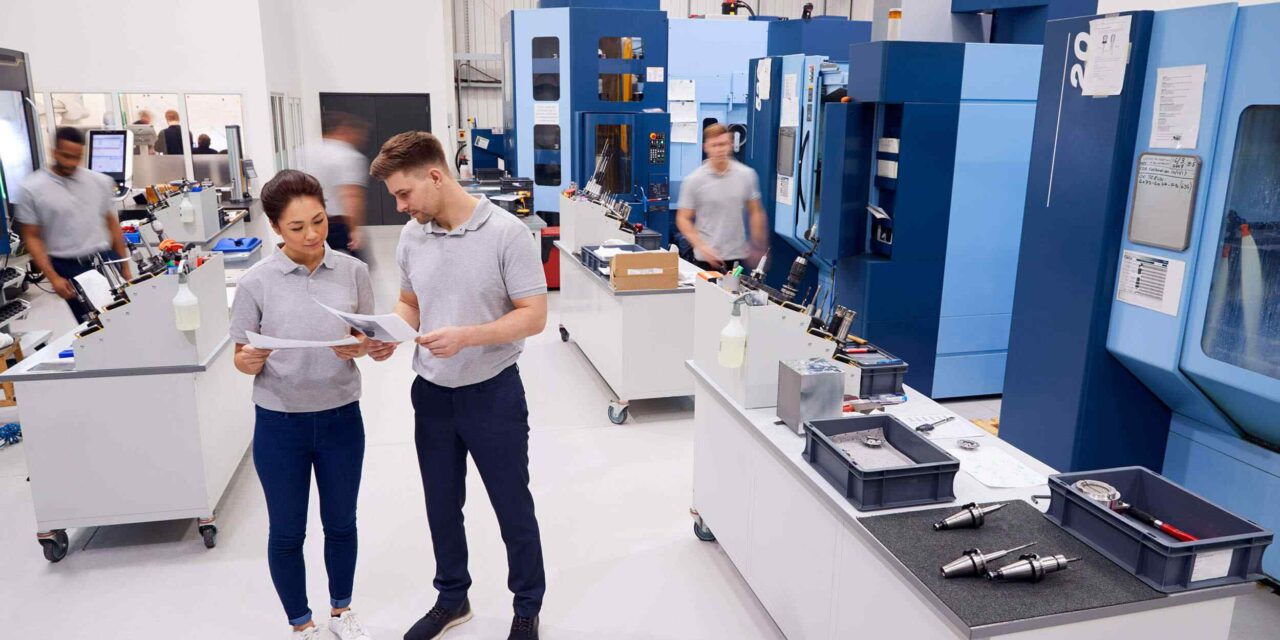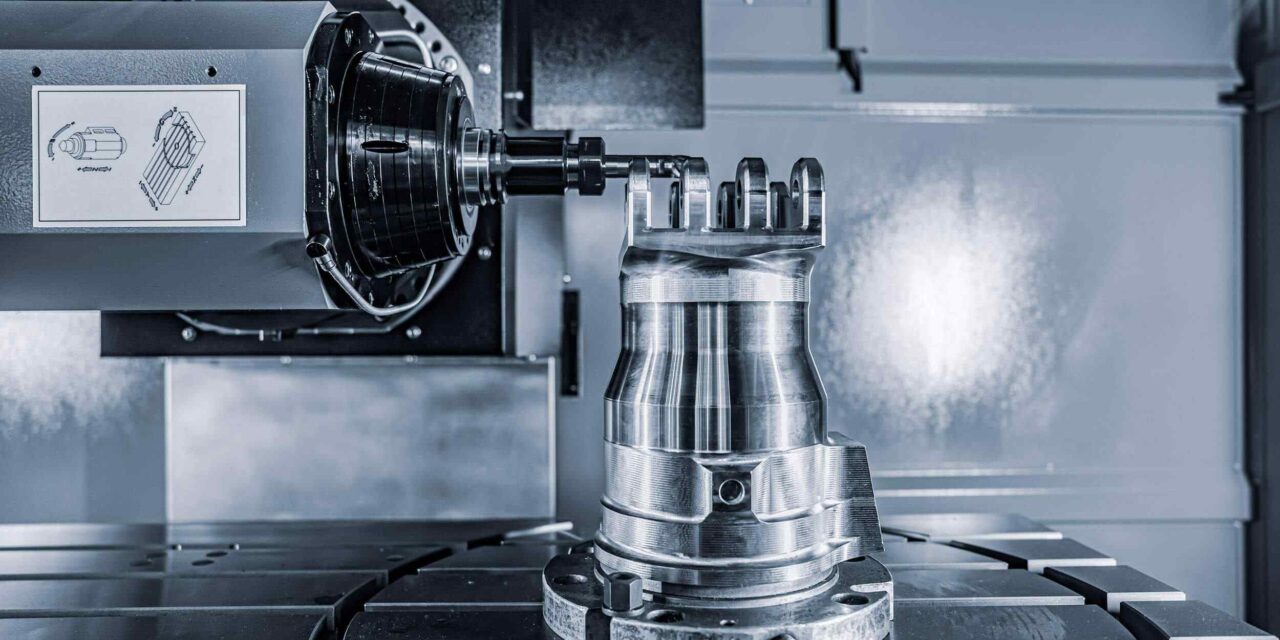All Cast values
Casting the
best solutions
Overview
Anodizing is a pivotal industrial process that enhances the appearance, durability, and corrosion resistance of metal components, predominantly aluminum. The Anodizing Workshop is a specialized training event designed to provide participants with comprehensive knowledge and hands-on experience in the art and science of anodizing. Whether you're a professional seeking to expand your skillset or an enthusiast eager to explore the world of metal finishing, this workshop is tailored to meet your needs.
Key Aspects
- Equipment and Materials: Familiarity with the essential equipment, chemicals, and materials used in the anodizing process, along with safety precautions and regulatory compliance.
- Anodizing Techniques: Different anodizing methods, such as sulfuric acid anodizing, chromic acid anodizing, and hardcoat anodizing, are explored, allowing participants to grasp a variety of approaches.
- Environmental Responsibility: Addressing the environmental impact of anodizing processes and promoting sustainable practices and waste management strategies.
- Quality Control: Mastering quality control measures, including testing for anodized layer thickness, adhesion, and corrosion resistance, while adhering to industry standards.
Facilities
- High-Pressure Die Casting (HPDC)
- Low-Pressure Die Casting
- Gravity Die Casting
- Precision Machining
- Assemblies & Modules
Aluminium Gravity Die Castings
Aluminum gravity die castings, also known as permanent mold castings, is a metal casting process where molten aluminum is poured into a reusable steel mold. This method produces durable and high-quality aluminum parts with excellent dimensional accuracy, making it suitable for various industries, including automotive and industrial applications.
Aluminium Gravity Die Castings
Die/Tool Making
Die/tool making is the process of designing, manufacturing, and maintaining specialized tools, molds, or dies used in various industrial manufacturing processes. These tools are crucial for shaping, cutting, or forming materials like metal, plastic, or composites with precision and consistency. Die/tool makers employ advanced engineering and machining techniques to create these custom tools, ensuring they meet exact specifications and quality standards.
Die/Tool Making
Machining workshop
A machining workshop is a specialized facility equipped with various machine tools and equipment designed for cutting, shaping, and finishing raw materials, often metals or plastics. Highly skilled machinists operate these machines to create precise, custom components and parts for various industries.
Machining workshop
Finishing Workshop
A finishing workshop is a dedicated facility where the final touches are applied to products or components, enhancing their appearance, durability, and functionality. This workshop specializes in processes such as painting, coating, polishing, sanding, or assembly, depending on the specific requirements of the project.
Finishing Workshop
Anodizing workshop
An anodizing workshop is a specialized facility that focuses on the anodization process, a surface treatment method primarily used for metal materials, especially aluminum. Anodizing involves electrochemically converting the outer layer of the metal into a protective, corrosion-resistant, and often decorative oxide coating.
Anodizing workshop

Who we are
Amwerk always gets the job done
Distinctively re-engineer revolutionary meta-services and premium architectures. Intrinsically incubate intuitive opportunities and real-time potentialities.
Choose your solutionsPayment plansPayment
More from AllcastMore services
Comprehensive engineering services: prototyping, structural design, electrical solutions, environmental assessments, and much more for your project's success.

